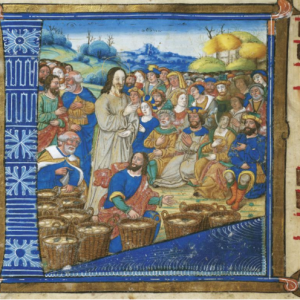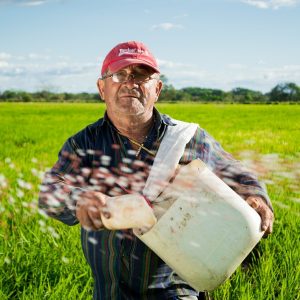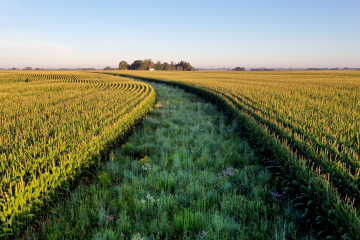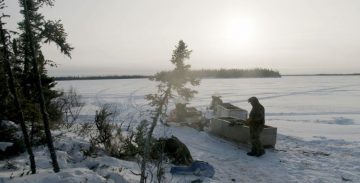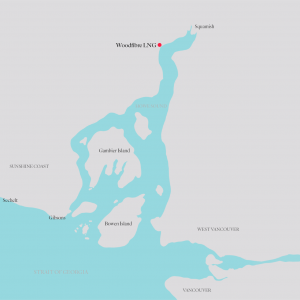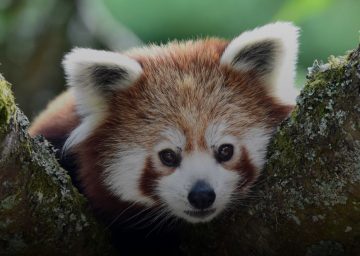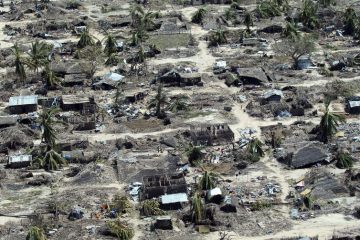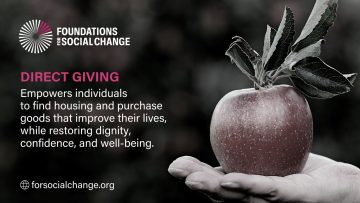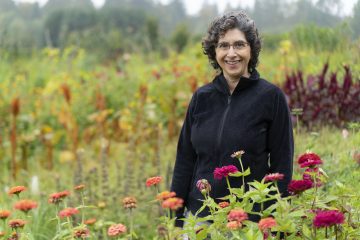What would Jesus do? Give the homeless cash!
Forbes spoke with Dr. Jiaying Zhao on Zhao’s study with Foundations for Social Change, a non-profit organization based in Vancouver. The study gave individuals experiencing homelessness a cash transfer of $7,500.
Links
Rethinking agricultural data through a justice lens Farm-diversification research wins high kudos The ineffectiveness of current environmental and fire policies in the world’s largest wetland Solid Carbon receiving $24 million to advance ocean-based carbon dioxide removal $22 million awarded to Indigenous-led and multi-institutional research project for Indigenous and community-based approaches to chemical risk management A […]
Despite good intentions, 5G might widen the gap between farmers
ZME Science highlighted a study led by Zia Mehrabi, a research associate at IRES/SPPGA. The study shows a widening gap between small-scale farmers and those who are more technologically advanced.
To save threatened plants and animals, restore habitat on farms, ranches and other working lands
Claire Kremen, UBC IRES/Zoology prof, co-wrote about a study that found restoring native habitats to at least 20 per cent of the world’s land currently being used by humans for farming, ranching and forestry is necessary to protect biodiversity and slow species loss.
Ottawa’s climate-change policies fail to protect First Nations against food scarcity: study
“No matter what we do by 2030,” said IRES’s Kai Chain, “it’s going to get a lot worse for those northern communities, just by virtue of the inertia already in the system.” He called on the federal government to immediately redouble its efforts to reduce greenhouse gas emissions.
Woodfibre LNG and climate played a role in swinging this B.C. riding Green
Local issues can tip the balance when it comes to votes, whereas global concerns sometimes don’t, said Kai Chan, IRES prof.
Bank loans scrutinized for harm to wildlife as well as climate
Kai Chan, IRES prof and lead author of the IPBES report, was quoted about sustainable economies and the role of banks in financing economic activities that impact biodiversity.
Why all human rights depend on a healthy environment
David Boyd, IRES/SPPGA prof, wrote about the importance of placing human rights and nature at the heart of sustainable development to attain a just and sustainable future.
Science leads the way in initiative providing direct cash transfers to individuals experiencing homelessness
There are major benefits to giving money directly to individuals experiencing homelessness, shows a study by the charity Foundations for Social Change and Jiaying Zhao, professor at IRES and UBC Psychology. Their findings counter many of the assumptions people have about homelessness and are being shared by prominent media outlets, politicians, and public figures, hopefully leading to […]
UBC researcher wins 2020 Volvo Environment Prize
Claire Kremen, UBC IRES/Zoology professor & Biodiversity Research Centre faculty, was awarded the 2020 Volvo Environment Prize for her work on transformative food systems that protect biodiversity. A prestigious and well deserved recognition – congratulations Claire!
